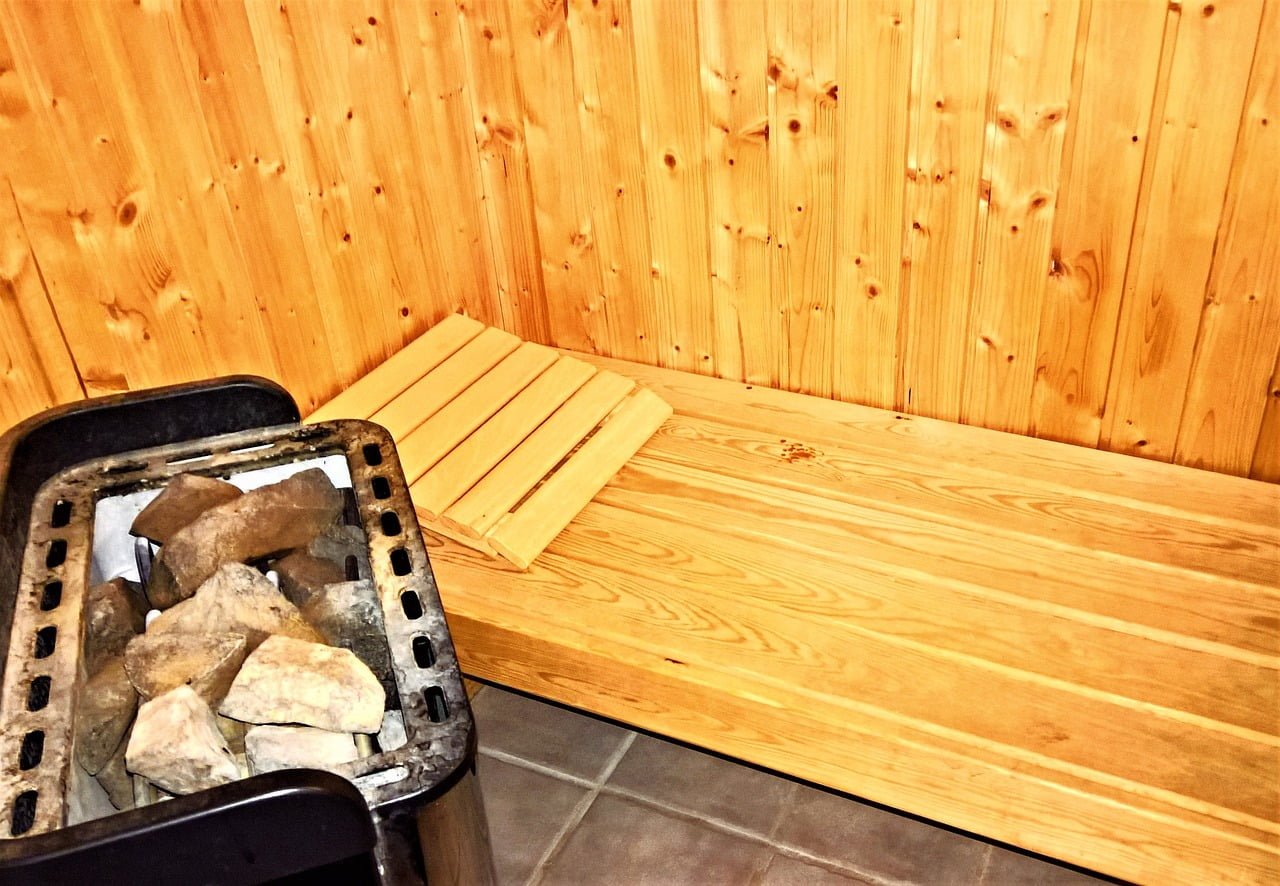The Powerful Impact of Sauna Use on Muscle Recovery
Muscle recovery plays a vital role in achieving optimal performance and maintaining a healthy body. Many athletes and fitness enthusiasts are constantly seeking effective strategies to enhance muscle recovery. One such strategy gaining attention is sauna use. In this blog post, I will delve into the potential effects of sauna use on muscle recovery, exploring the science behind it and providing insights into how saunas can contribute to faster recovery and improved athletic performance.
Understanding Muscle Recovery
Muscle recovery is the process by which muscles repair and rebuild themselves after working out or physical activity. It involves repairing damaged muscle fibers, replenishing energy stores, reducing inflammation, and eliminating metabolic waste products.
The Impact of Sauna Use on Muscle Recovery
- Increased Blood Circulation: Saunas promote vasodilation, a process in which blood vessels expand, leading to increased blood flow. This improved circulation helps deliver oxygen, nutrients, and important repair substances to the muscles, facilitating the recovery process.
- Heat-Induced Stress Adaptation: Sauna use exposes the body to heat stress, triggering a response known as heat shock proteins (HSPs) production. HSPs assist in repairing damaged proteins and reducing oxidative stress, aiding in muscle recovery.
- Enhanced Nutrient Absorption: The increased blood flow during sauna sessions also enhances nutrient absorption. This means that vital nutrients, such as amino acids and antioxidants, can reach the muscles more efficiently, supporting their repair and growth.
- Detoxification: Saunas induce sweating, which helps eliminate metabolic waste products and toxins from the body. This detoxification process can potentially reduce muscle inflammation and promote faster recovery.
Scientific Research on Sauna Use and Muscle Recovery
Numerous studies have examined the effects of sauna use on muscle recovery and athletic performance, yielding interesting findings:
- A study published in the Journal of Science and Medicine in Sport found that sauna use after exercise enhanced recovery by reducing muscle soreness and improving muscle function in endurance athletes. Link to Study
- Research published in the Journal of Athletic Training indicated that post-exercise sauna bathing led to a significant increase in the production of heat shock proteins, which play a crucial role in muscle recovery. Link to Study
- A study conducted at the University of Jyväskylä, Finland, revealed that regular sauna use improved muscle hypertrophy and strength gains in athletes, indicating its potential benefits for muscle recovery. Link to Study
Incorporating Sauna Sessions into Your Muscle Recovery Routine
To maximize the potential benefits of infrared sauna use for muscle recovery, consider the following tips:
- Timing: Use the sauna after your workout or physical activity to take advantage of the immediate benefits. This allows for enhanced nutrient absorption and improved circulation to aid in the recovery process.
- Hydration: Drink plenty of water before, during, and after sauna sessions to maintain optimal hydration levels. This is essential for supporting overall health and ensuring efficient detoxification.
- Gradual Progression: If you’re new to sauna use, start with shorter sessions at lower temperatures and gradually increase the duration and heat exposure as your body adapts.
- Listen to Your Body: Pay attention to how your body responds to sauna sessions. If you experience any discomfort, dizziness, or fatigue, exit the sauna and cool down immediately.
- Personalize Your Approach: Keep in mind that individual responses to sauna use may vary. Experiment with different sauna temperatures and durations to find what works best for you and your muscle recovery needs.
Conclusion
Sauna use can potentially enhance muscle recovery by promoting increased blood circulation, heat-induced stress adaptation, improved nutrient absorption, and detoxification. The scientific evidence suggests that incorporating sauna sessions into your muscle recovery routine may lead to reduced muscle soreness, improved muscle function, and enhanced athletic performance.
However, it’s important to note that sauna use should be approached with caution, and individual responses may vary. If you have any underlying health conditions or concerns, it’s recommended to consult with a healthcare professional before incorporating sauna sessions into your muscle recovery routine.







